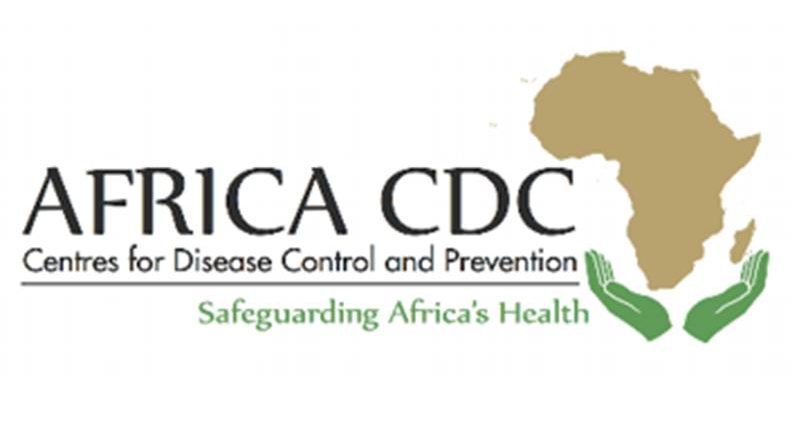Africa CDC and African Risk Capacity (ARC) launch COVID-19 modelling tools for Africa
The Africa Centres for Disease Control and Prevention (Africa CDC) and the African Risk Capacity (ARC) have launched two COVID-19 modelling tools for Africa: COVID-19 Potential Outcomes Scenarios and COVID-19 Spread Simulation Tool for Africa.
The tools will help African Union Member States in evaluating the potential magnitude of COVID-19 in their countries and in making decision on appropriate response to mitigate risks due to the pandemic. Specifically, COVID-19 Potential Outcomes Scenarios will help in modelling the potential impact of the outbreak using specific sets of scenarios and assumptions and COVID-19 Spread Simulation Tool for Africa will enable simulations of different scenarios of COVID-19 spread for each country.
“COVID-19 has generated unprecedented socioeconomic consequences with the reversal of hard-won development achievements. Africa is particularly challenged in its efforts to cope with the decease burdens. ARC is happy to present the new Africa COVID-19 decision support tool which governments and institutions can leverage in designing timely and more informed policy responses to the COVID-19 pandemic,” said Mr Mohamed Beavogui, Director-General of the African Risk Capacity and Assistant Secretary-General at the United Nations.
Since the first case of COVID-19 in Africa was confirmed on 14 February 2020, the pandemic has spread to all 55 African Union Member States with increasing negative impact on the health and socioeconomic well-being of populations. Africa needs a mechanism to better inform Member States on the epidemiology of the disease and the impact of available non-pharmaceutical interventions so they can implement appropriate policies and programmes.
The modelling tools were developed by experts from ARC with inputs by Africa CDC, WHO AFRO and other partners. The tools have the capacity to use actual reported cases per time to generate the weekly cumulative number of infections, hospitalizations and deaths for each Member State over a period of three years; and the daily distribution of cases into disease stages at subnational levels over a 300-day period.
“We at Africa CDC recognize that modelling is important in planning our response to the current and future pandemics. However, modelling is based on assumptions and the models will depend on the assumptions used to develop them. We thank the ARC for supporting the development of the tools and we appeal to Member States to continue to provide us the data needed to model for each country on the continent,” said Dr John Nkengasong, Director of Africa CDC.
Following this launch, Africa CDC and ARC will work closely with Member States and partners to improve and promote the tools and train key stakeholders to use them with a view to making them more useful for tackling disease threats across the continent in the long-term.
“These tools provide a platform for Member States to evaluate the potential epidemic size of COVID-19, assess the impact of non-pharmaceutical interventions and enable socioeconomic measures at subnational level. I congratulate Africa CDC for their tireless efforts in helping to control COVID-19 across the continent. The ARC remains ready to assist the African Union in finding solutions to the COVID-19 pandemic in Africa,” said Mr Beavogui.




